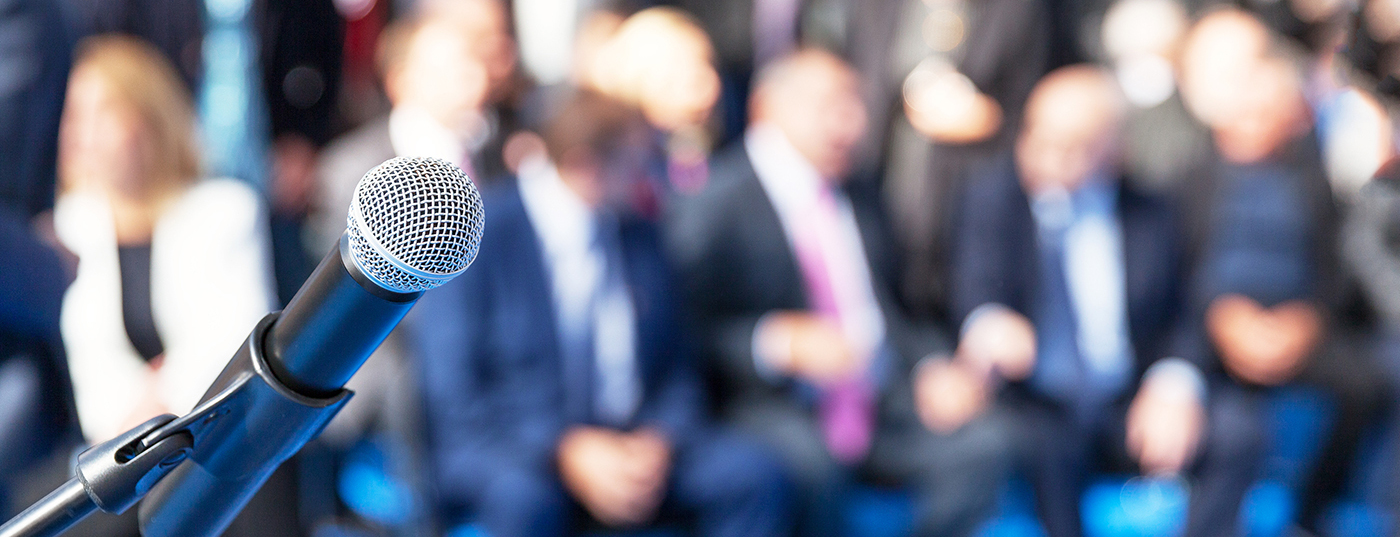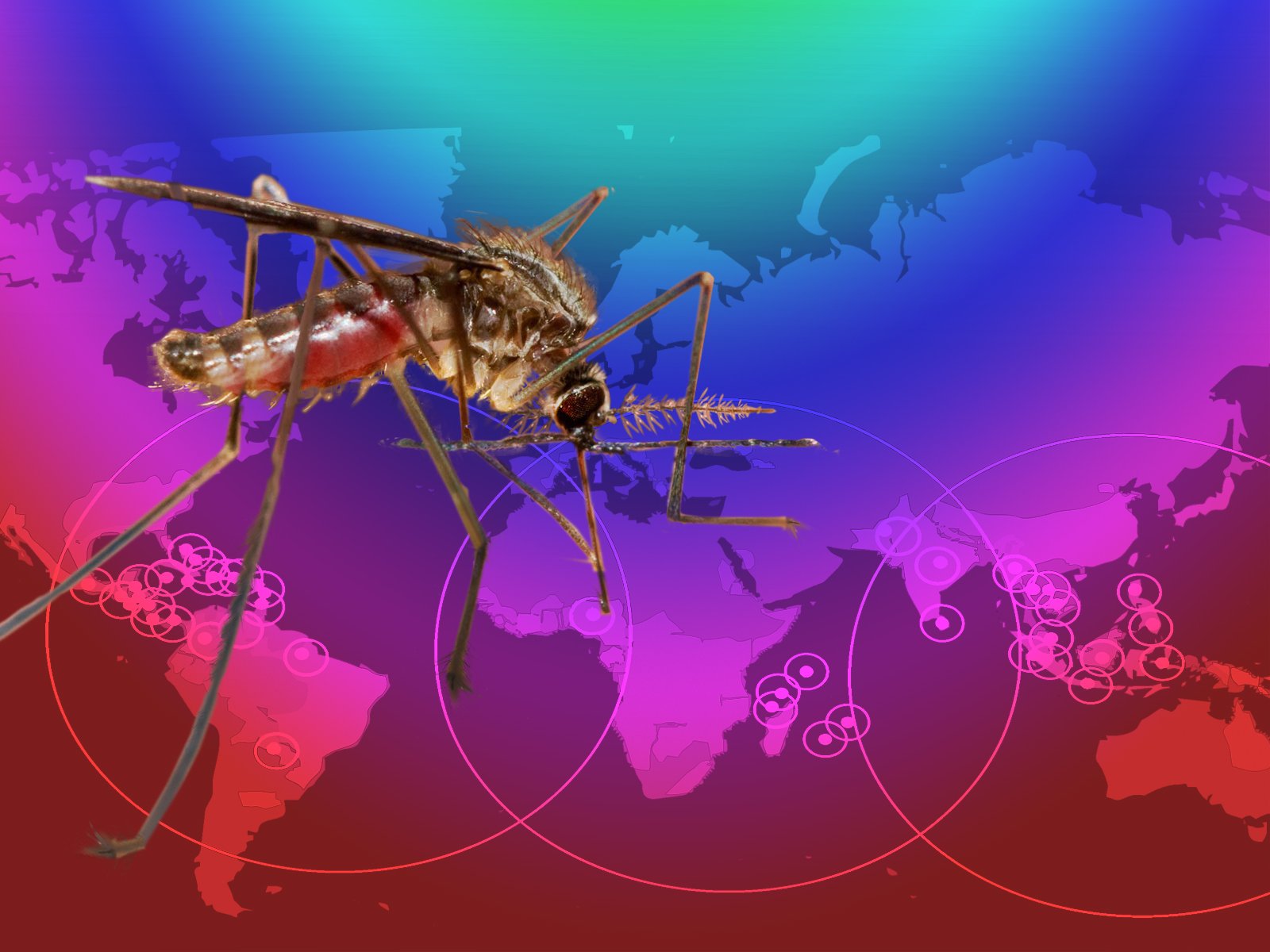Interdisciplinary and interprofessional, as a link between research and practice of neuromedical specialties as well as nursing and therapy, the working conference NeuroIntensivMedizin will be held from January 20 – 22, 2022. Congress President Prof. Oliver Sakowitz, MD, Ludwigsburg, Germany, emphasizes the continued relevance of ANIM 2022, the 39th annual meeting of the German Society for NeuroIntensive and Emergency Medicine (DGNI) and the German Stroke Society (DSG). The Covid19 pandemic, he said, demonstrates the critical importance of the immediate impact of new research and scientific knowledge on clinical practice.
Special conference topics are “Subarachnoid hemorrhage”, “Severe diseases of the spinal cord”, “Delirium in the intensive care unit and stroke unit / IMC as well as “Organization and structure of neurointensive care”. Other important congress topics include interdisciplinary management of cerebellar emergencies and minimally invasive therapy of intracerebral hemorrhage. An absolute novelty of ANIM 2022 will be the first integrated DSG Stroke Winter School.
A special focus of ANIM 2022 will be on continuing education in neurointensive care, an important goal of the DGNI, and highly topical in light of the Corona pandemic. Professor Sakowitz emphasizes the extraordinary dedication of neurointensive care physicians and their teams, which also affects junior medical staff: “Residents in the neurointensive care unit and neurosurgeons in training have also taken a particularly large toll.” Referring to the psychological and also physical challenges to the specialists who volunteered to serve on COVID wards or contributed to an interdepartmental roster, compensatory measures are now also to be discussed: “The hospitals authorized to provide continuing education are once again called upon here to compensate for any absences and deficits caused by the COVID 19 pandemic through suitable training concepts and supraregional rotations, virtual training measures, and simulation training.”
Participants from all areas and professional groups of neurointensive medicine can again expect a wide range of continuing education and training opportunities as well as an exchange with related professional societies and projects involved in cooperation with ANIM, such as the Initiative of German Neurointensive Trial Engagement (IGNITE) and the US Neurocritical Care Society (NCS), which is expected with a delegation for joint course and guideline offerings. The Emergency Neurologic Life Support course (ENLS), which has also been popular in the past, especially among younger participants, will also be offered again. Additional sessions specifically for caregivers and therapists round out the program.
All information and the scientific program at www.anim.de.











